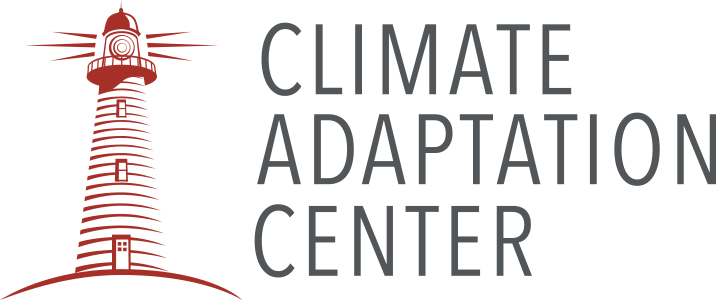Across Florida this autumn, a quiet but profound shift is underway: counties from the Panhandle to the Keys are choosing to stop trying to hold back the sea at every street and instead purchase the most vulnerable properties, tear down structures, and return the land to natural systems. These voluntary buyout programs — sometimes called “managed retreat” — are not defeat. They are deliberate investments in reducing risk, reconnecting habitats, and buying time for communities and species alike.
Recent reporting shows counties accelerating buyouts as repetitive flooding, storm surge and erosion make repeated repairs both costly and ineffective. By removing homes from repeatedly inundated lots, local governments reduce the long-term fiscal burden of disaster recovery while restoring dunes, wetlands, and coastal buffers that support native plants and animals. That restoration function makes buyouts uniquely powerful: they are both a public-safety strategy and a biodiversity tool. (Jacksonville Today+1)
At the same time, researchers are intensifying work on the hidden hydraulics of coastal risk — groundwater flooding and saltwater intrusion — which often determine whether inland neighborhoods will be safe long-term. New research funding for South Florida will feed better local decisions about where buyouts make sense, where nature-based infrastructure will work, and where hard defenses will only create long-term liabilities. Translating that science into practical plans is exactly the work CAC wants to amplify. (Axios)
Why this matters for biodiversity: coastal buyouts create room for dynamic shorelines and wetlands to migrate inland as seas rise. Those migrating habitats are where many of Florida’s vulnerable species— from marsh plants to coastal birds — will seek refuge. Planned well, buyouts become a tool to secure habitat corridors, reduce vehicle-wildlife collisions (by moving development away from key corridors), and restore ecosystem services like water filtration and storm surge attenuation. Conversely, poorly planned retreat risks fragmenting habitat or displacing wildlife; science and community engagement must guide every step.
Join us Nov. 13 at the 5th Annual Florida Climate Forecast Conference. Hear the experts who are turning conservation into climate strategy, and take home real actions communities can use. Tickets and agenda details are on the CAC conference page.

